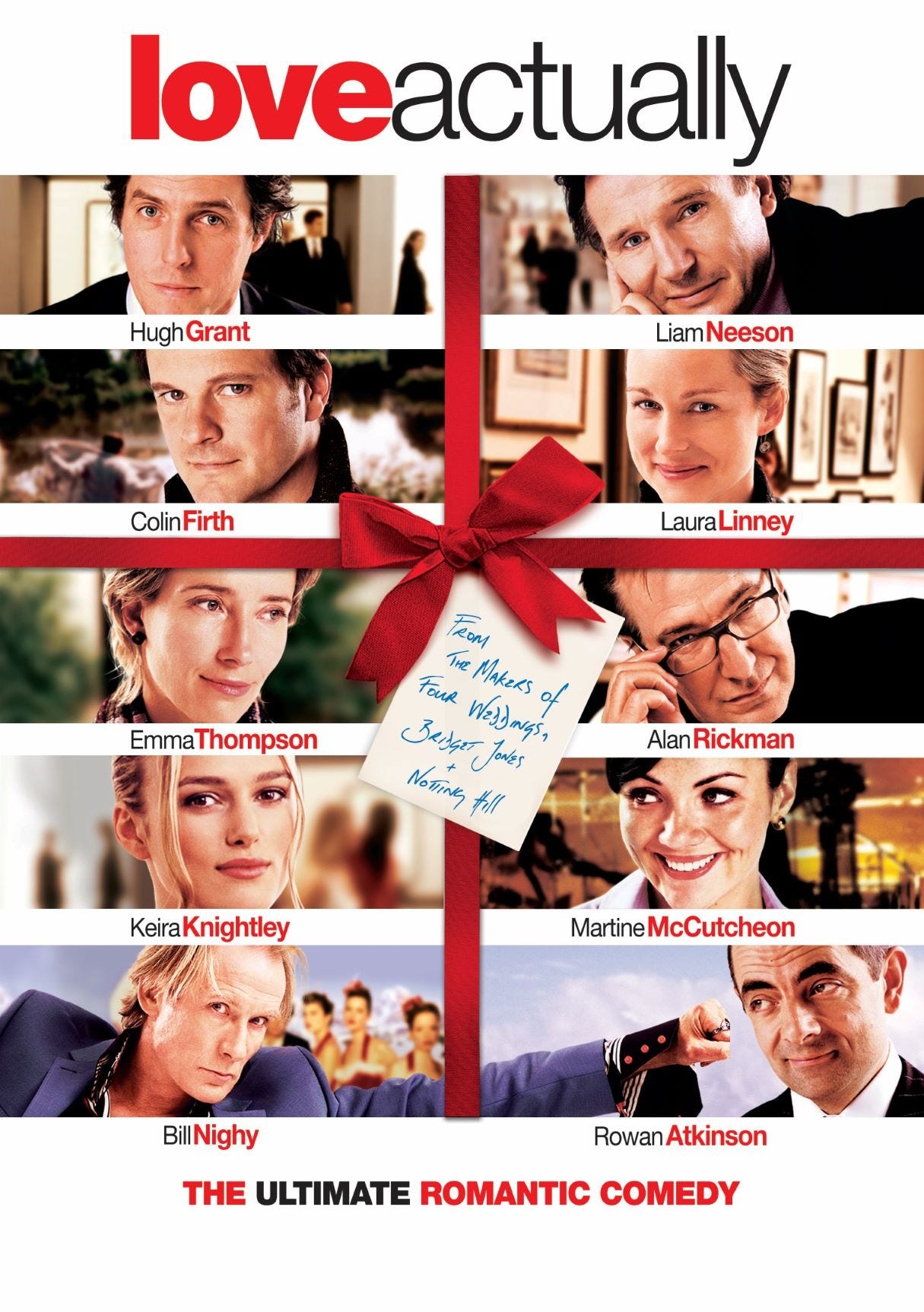You may have heard about a small film called Napoleon which hit theaters on Wednesday. You probably heard about director Ridley Scott’s response to critiques of the film (they weren’t pretty). So wanted to bring you the first emergency podcast in Historians At The Movies Podcast history.
Now I don’t know anything about French history other than they invented mayonnaise and must, therefore, be judged accordingly. But I do know two phenomenal scholars of Revolutionary France in Corinne Gressang and Laura O’Brien. And we had an absolute blast talking about this film together.
The pod starts as a spoiler-free discussion about revolutionary France, Napoleon, and his first wife Josephine. We’ll get you up to speed on the basics and things you should know ahead of seeing the film as well as our general first reactions to the movie. Then we move into a spoiler-filled discussion of the film and our takes about what we did and did not see onscreen. Corinne and Laura also gave us some reading suggestions in case you’re interested in learning more about the era or know someone who is. I’ll post those links below. And if you dig the pod, please share it on social media or here on substack. It’ll help grow this community as we move into Year Two! Now for the pod:
About our guests
Dr. Corinne Gressang began as an Assistant Professor of History at Slippery Rock University in the Fall of 2023. She specializes in the history of the French Revolution, but she teaches various courses on Early Modern and Modern European History. She grew up in Western Pennsylvania and received her undergraduate degree in History with a minor in Legal Studies from Grove City College in 2013. From there, she received her MA and Ph.D. from the University of Kentucky in 2015 and 2020, respectively. She spent three years teaching at Erskine College in Due West, SC as an Assistant Professor before moving back home to Western Pennsylvania to teach at Slippery Rock.
Her dissertation topic developed after reading an editorial in a short-lived Catholic newspaper called L’Ange Gabriel (1799). The editor argued that the French nuns had suffered expulsion from their convents, and they were the most unfortunate victims of the Revolutionary decade. Dr. Gressang’s curiosity about what became of these women became the focus of her dissertation which she is currently revising for publication.
She is a member of the American Historical Association, the Western Society for French History, the Society for French Historical Studies, Phi Alpha Theta, and the American Catholic Historical Association. Dr. Gressang currently serves as an Assistant Digital Coordinator for the Society for French Historical Studies and is a member of the executive council for the Western Society for French History. She has won numerous teaching awards including the Outstanding Teaching Assistant Award from the University of Kentucky in 2018-2019 and the Younts Excellence in Teaching Award in 2021-2022 from Erskine College.
Dr. Laura O'Brien joined Northumbria University in September 2015, having previously taught at University College Dublin, Trinity College Dublin, Université Paris 1 (Panthéon-Sorbonne) and the University of Sunderland. She completed her PhD at University College Dublin, where she held an Irish Research Council ‘Government of Ireland’ Postgraduate Scholarship, and was a doctoral fellow at the UCD Humanities Institute. Between 2010 and 2013 Laura was an Irish Research Council/Marie Curie Actions COFUND Fellow, based at Trinity College Dublin and the Centre de recherches en histoire du XIXe siècle, Université Paris 1 (Panthéon-Sorbonne).
Corinne and Laura’s book suggestions (and one from me!)
David A. Bell, Napoleon: A Concise Biography. A short, quick read that can serve as a primer for further interest. Well-written.
Caroline Weber, Queen of Fashion: What Marie Antoinette Wore to the Revolution. Fashion was a means of dialogue in Revolutionary France.
Isser Woloch, Napoleon and His Collaborators: The Making of a Dictatorship. Think Napoleon built an empire by himself? Think again. (The hardcover on this is $3.52. Go, run.)
David A. Bell, Men on Horseback: The Power of Charisma in the Age of Revolution. You can’t build the empire with your friends alone. You need a little certain something. A character study of multiple leaders, including Napoleon, George Washington, and Simon Bolivar.
Alan Forrest, Napoleon: Life, Legacy, and Image: A Biography. A larger, more in depth, but single digestible reading of the man.
Peter McPhee, Robespierre: A Revolutionary Life. Biography of the man who led the Reign of Terror.
Philip Dwyer, Napoleon: The Path to Power. A mammoth tome on Bonaparte.
C.L.R. James, The Black Jacobins: Toussaint L'Ouverture and the San Domingo Revolution. You cannot talk about this era without talking about Haiti and you cannot talk Haiti without talking about this book.
J.R. McNeill, Mosquito Empires: Ecology and War in the Greater Caribbean, 1620–1914. This is my pick and probably the book that turned me into an environmental historian. Haiti figures prominently in this book and its dry humor will have you literally laughing at times.
And that’s just a starter list! What books do you like? Share below and I’ll add them to the list.
This week on HATM
It’s Holiday Season. Heck with it. Let’s do it. Love Actually. Sunday, December 3 at 8pm eastern, available on Netflix. We’ll see you there.
We’ll will have another pod later this week—this is just the emergency pod! Lindsay Chervinsky will drop in to talk about The American President. So subscribe to have it the instant it hits.
Lastly, if you’re digging the work, please share on social media- twitter, bluesky, threads, facebook, text, wherever—as we try to expand the reach of the HATM Podcast and community this year. Thanks so much for being part of what we are doing.
—JWH


